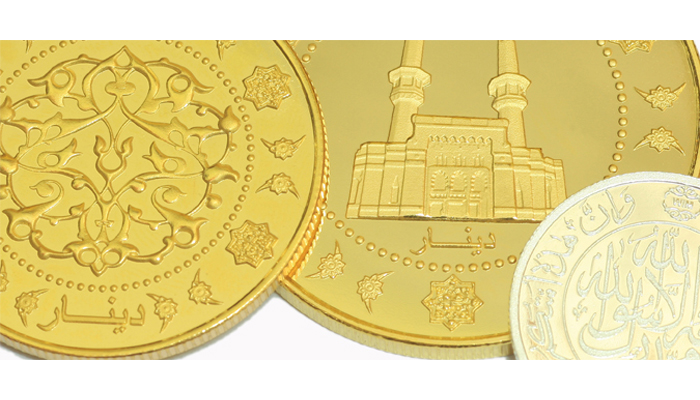Mahmoud Mohieldin
Roughly one-third of those suffering from extreme poverty worldwide live in member states of the Organization of Islamic Cooperation (OIC). In 21 of those 57 countries, fewer than half of the population has access to adequate sanitation. Four percent of infants born in these countries die before they reach the age of five.
Simply put, despite great potential, many OIC countries have struggled to achieve broad-based development. For many countries, the infamous “resource curse” is at work; in others, weak leadership and failed institutions are to blame. It does not help that the vast majority (some 71%) of the 125 million people affected by conflicts and natural disasters reside in OIC countries. Instability places enormous strain on national budgets.
But these countries have options. In particular, the capital that has accumulated in some of the OIC countries’ financial systems could play an important role in helping them to meet their development goals – especially if Islamic finance is used to its full potential.
Islamic finance has important advantages over conventional financial products. Its prohibition of interest and requirement that investments be linked to the real economy, together with its approach to profit- and loss-sharing, add stability to the financial sector. Islamic finance also can enhance financial inclusion, as it incorporates people who, for cultural or religious reasons, are excluded from the traditional financial system. This is perhaps one reason why Islamic finance has been expanding at 10-12% per year over the last decade or so.
If Islamic finance is to play its full part in revitalizing and diversifying the economies of the OIC countries, governments will need to undertake important reforms. Topping the list is the need for stronger legal institutions that protect property rights and ensure that contracts are enforced. If people are to have full confidence in Islamic financial products, moreover, the industry will need to be standardized and regulated. National tax policies will also need to be tweaked, to prevent discrimination against Islamic financial instruments.
The World Bank Group is working with partners to help realize these reforms. Furthermore, it has introduced investment projects that use Islamic financing across the region. The World Bank Treasury has issued a variety of Islamic financial instruments, including two Sukuk (bonds that meet Islamic strictures on interest), which have raised $700 million. Similarly, the Bank’s private-sector arm, the International Financial Corporation, has established the IFC Sukuk Company, which issued $100 million in trust certificates in 2015.
The Bank’s political risk insurance arm, the Multilateral Investment Guarantee Agency (MIGA), has provided a $427 million Sharia-compliant investment guarantee for an infrastructure project in Djibouti and $450 million in political risk insurance for a telecommunications investment in Indonesia. And, together with the Islamic Development Bank Group, the United Nations, and other donors, the World Bank has created a joint facility to assist the countries hardest hit by instability with concessional financing, which includes an Islamic-finance instrument for Lebanon and Jordan to help them bear the costs of supporting refugees from Syria.
New technology can play a vital role in making financial systems more inclusive, particularly for groups that face greater barriers to access. For example, some 90% of Syrian refugees have access to smart phones, through which they could access financial services. Efforts must be made to ensure that we make the most of such technologies.
Finally, there are humanitarian objectives. And, indeed, work is already underway to address how waqf (charitable endowments), zakat (the obligatory alms tax), and a variety of Islamic financial instruments can be channeled effectively and efficiently to meet humanitarian needs.
Islamic finance can help deliver much-needed solutions to the Muslim world’s development challenges. Its ability to enhance financial stability, promote financial inclusion, and drive sustainable development could spark transformative change across the region. To realize this potential, Islamic finance, no less than its conventional counterpart, needs an appropriate enabling environment, one characterized by a level playing field, an adequate regulatory framework, and effective partnerships.







Comments